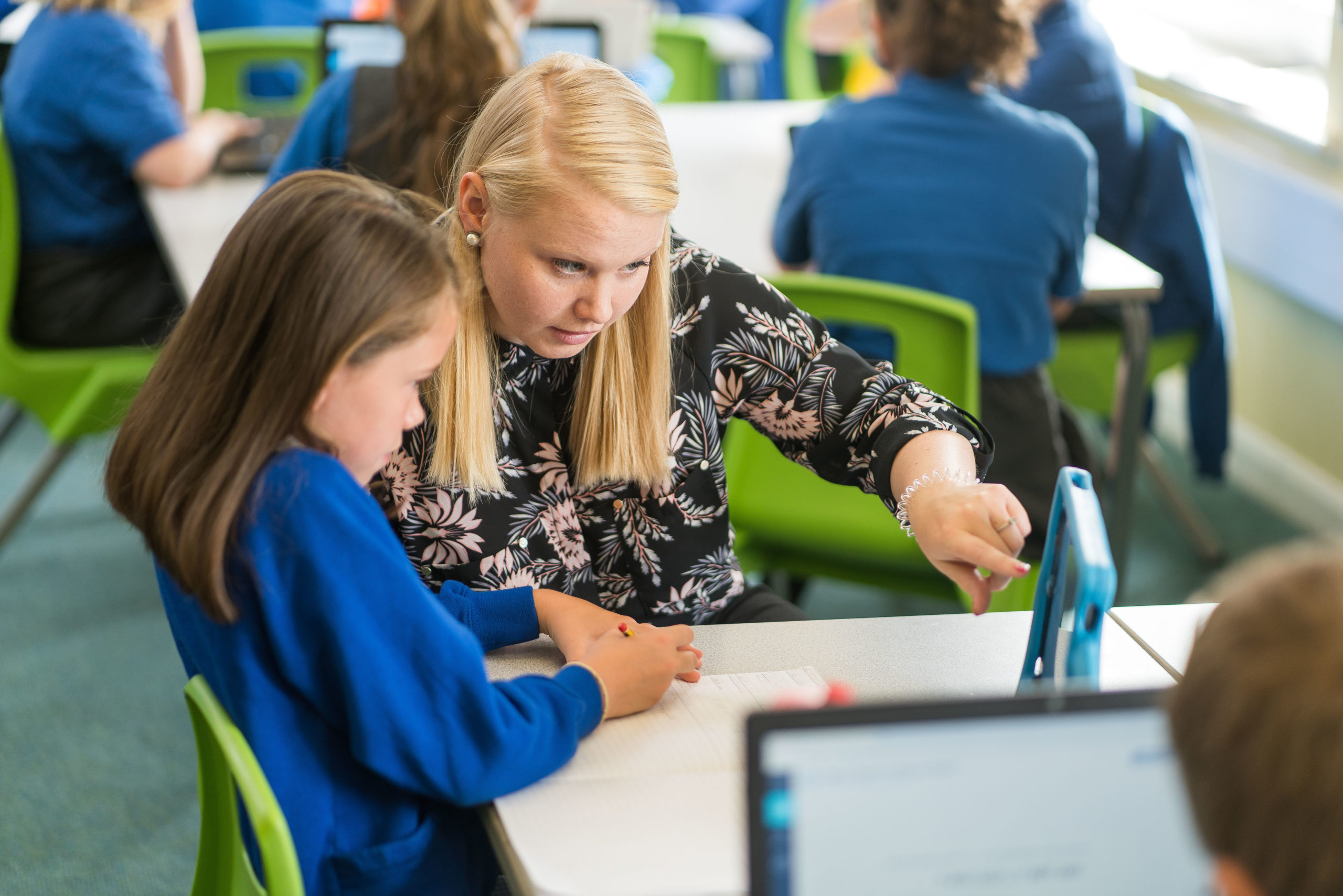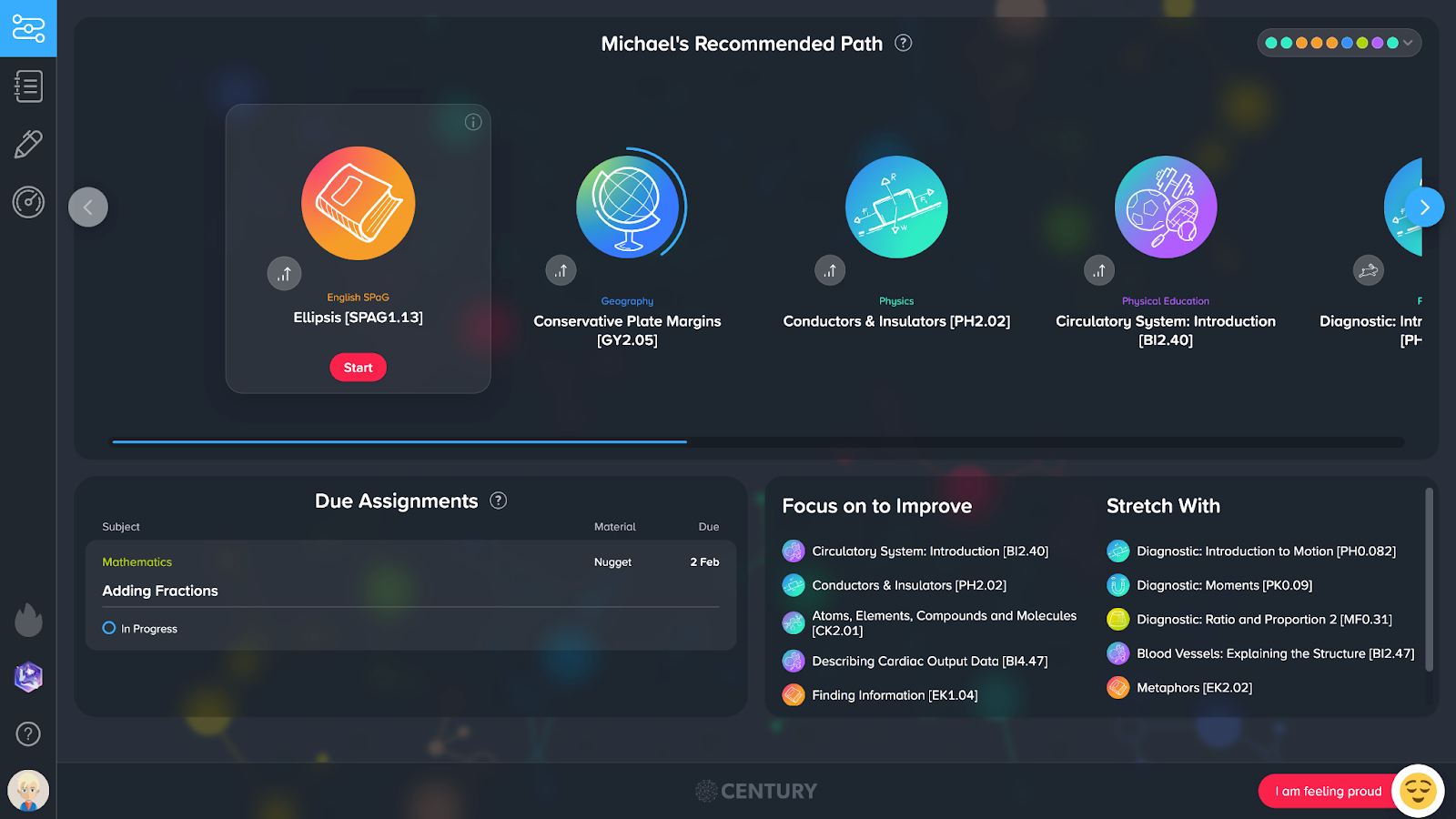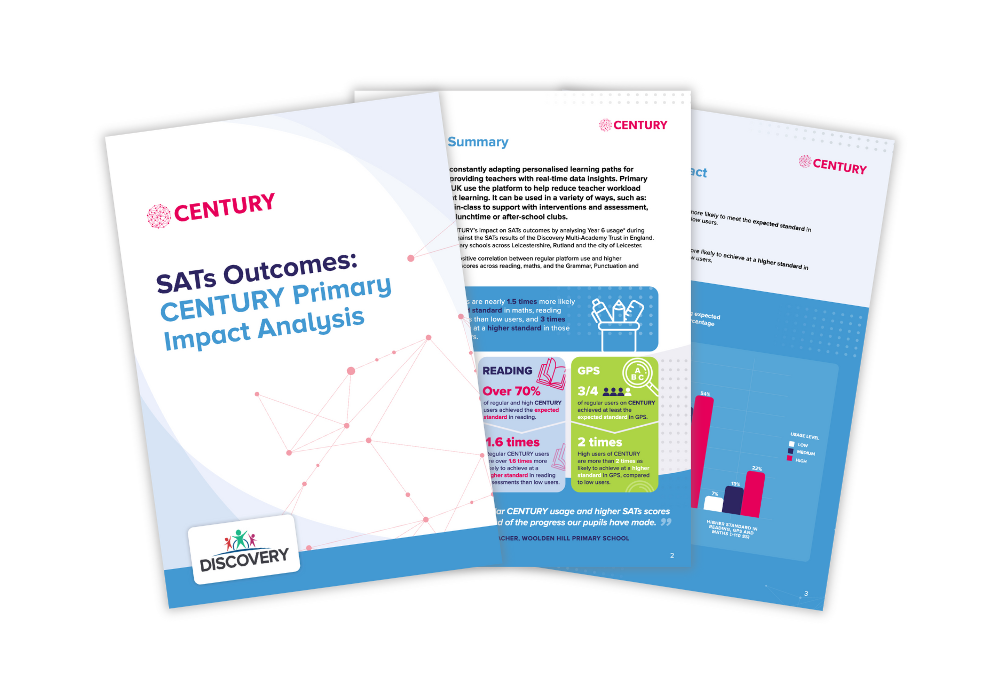Estimated reading time: 6 minutes
Hales Valley Trust is an all-primary academy trust consisting of 5 primary schools, based in Dudley in the West Midlands. In this blog post, Director of School Improvement Rebecca Cox reflects on the last two years of disruption to learning, and shares the trust's plans for the future.
As educationalists, we have become better at dealing with the pandemic as the months have gone by, but our problem-solving skills are still being put to the test every day.
While most pupils have been back in the classroom this term, we have still faced significant staff shortages at different points, as well as shortages of tutors to help us fully engage with the National Tutoring programme. COVID remained a very real barrier to moving learning forward as we battled with bringing in supply staff who were not familiar with our schools or our curriculums.
One of our schools reported that between January and the end of March, they had an average of 9 staff off daily. This was for the most part because of COVID-related absences. Every educationalist knows the significant impact to learning when a staff member who had planned out well-targeted interventions is absent, and you have to find a cover teacher who doesn’t know the group or what they have been taught before.
On top of this, the children in Year 2 (and below) have never experienced consistent schooling. Their Reception year ended at Easter, and they went through lengthy periods of school closure during Year 1 due to lockdowns , while this year has been hit by staff and pupil absences. Similarly, our Year 6 pupils have not experienced a consistent education since Year 3. This is the reality of the situation, and yet we were still required to administer KS1 and KS2 SATs.
As a Trust, we expect to see the impact of the pandemic and school closures for years to come - even among those year groups that were not required to sit SATs exams this year. Especially with regards to our youngest children, there are specific areas such as speech and language development where pupils are clearly behind. Our children in Years 2 and 3 have missed large parts of the Key Stage 1 curriculum that are designed to lay the foundations for future learning.
How we’ve used edtech to move learning forward
During the first lockdown, the Government’s ‘Get Help with Technology’ scheme massively benefited our schools in disadvantaged areas, which received a huge amount of devices to be distributed to the children who needed them the most. CENTURY was used in our Trust schools and the children were confident in how to log into the platform to complete the nuggets and tasks.
As schools reopened, we were more device rich than ever before, enabling us to use online learning platforms during regular lessons rather than having to wait until IT time on a Wednesday afternoon as we used to! We even had to upgrade our WiFi systems to cope with the traffic we now have. This is a great evolution over the last couple of years and has opened up other avenues to support other curriculum areas that we had not thought of before.
All of our teachers have well planned and sequenced curriculums, so we can clearly tell what each class has and hasn’t covered and where their gaps in knowledge are. We also carried out assessments remotely to further inform us on which areas we needed to focus on when the children returned to school. This meant that once we returned, we were able to get off to a strong start in terms of filling in those gaps and moving the learning on.
Adaptive edtech such as CENTURY has allowed us to continually identify gaps in knowledge at an individual and classwide level. And it has helped ensure children are being guided towards the right activities to plug these gaps, and build knowledge in areas where they need more help. The automated analysis of the children’s responses not only saves teachers time, but also provides them with the data teachers’ need to move learning forward in the right areas. The progress data on CENTURY correlates closely with the results the children have been achieving in other tests so we know it is a robust and reliable way to support teacher judgements.
We have also fully engaged with the National Tutoring Programme and Academic Mentor Programme since the day it was released by the Government to try to get the best tutors and mentors in place to help us support the children with catch-up as best we could.
Looking and planning ahead
Working together is going to be essential in the coming months and years. That is why we meet at least fortnightly as a Trust and we have built a support network between each other to ensure that no one feels alone. Far from being out of the woods, we know that recent changes such as soaring energy prices are only going to exacerbate ongoing challenges for both students and staff, and ensuring that we work together as a team has never been more important than it is now.
If anyone is thinking about whether to or not to take on an adaptive edtech solution I would advise them not to hesitate – they will not look back! I would just advise to make sure you have a carefully planned implementation plan and high-quality and ongoing staff CPD, as this is essential to make it successful. It also needs to be driven by the leaders, and they must be robust in evaluating the use of the tech to ensure it is yielding the outcomes you’ve set out to achieve.
Book a webinar to find out how CENTURY can enhance the teaching and learning at your school.





